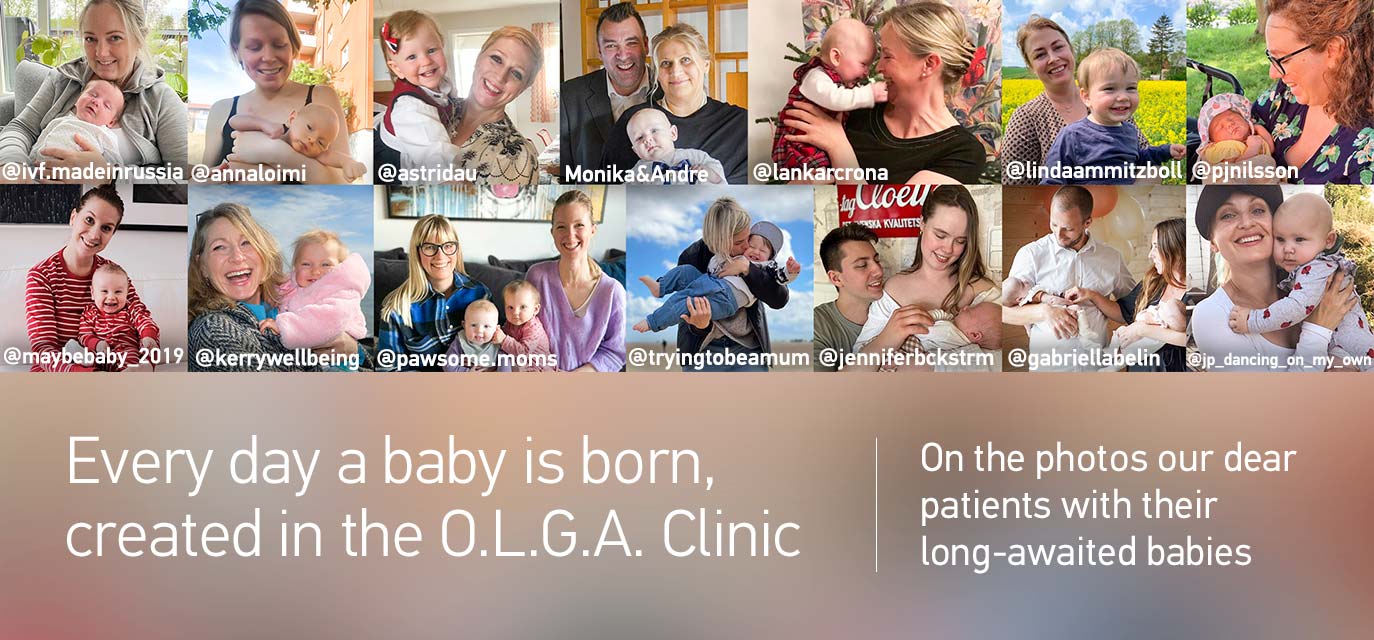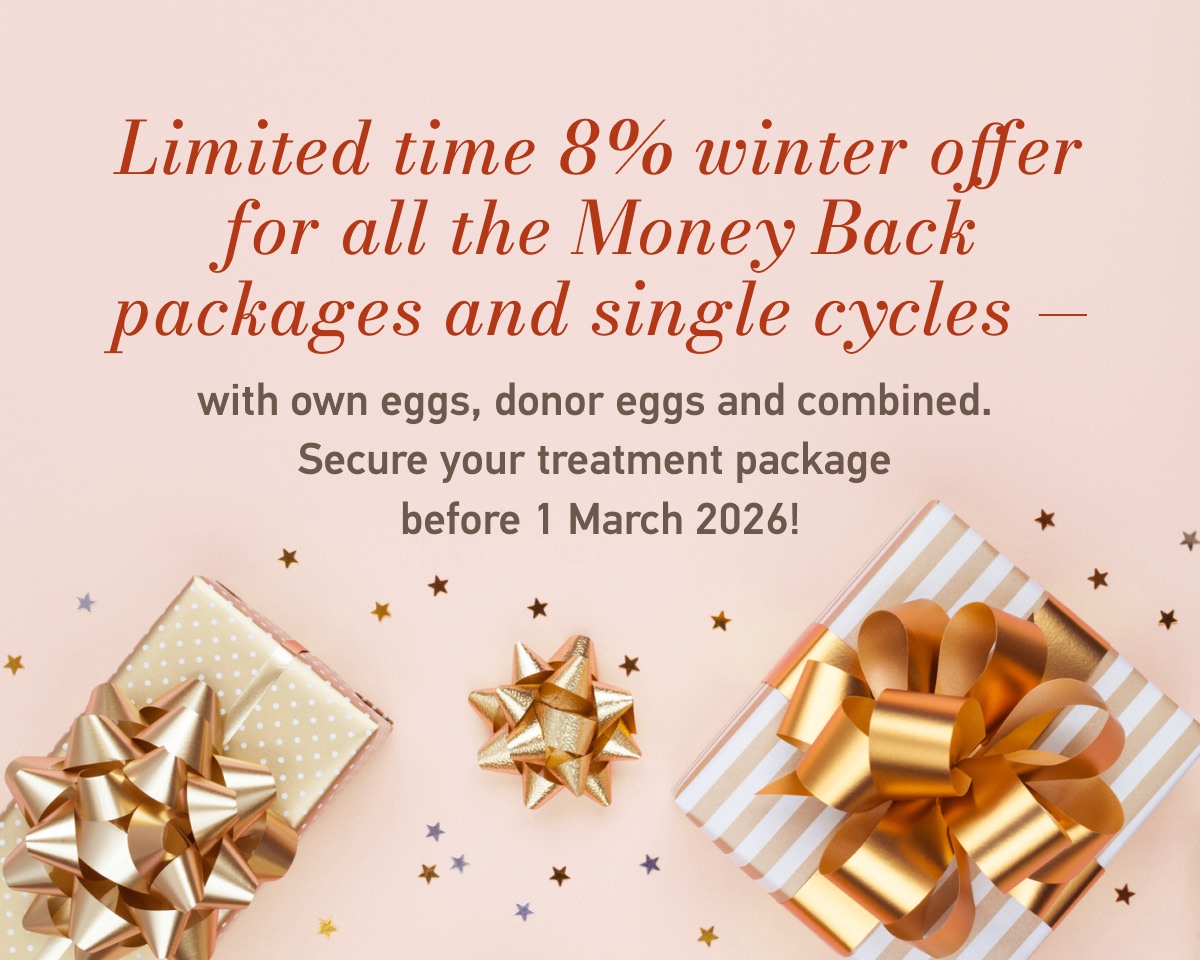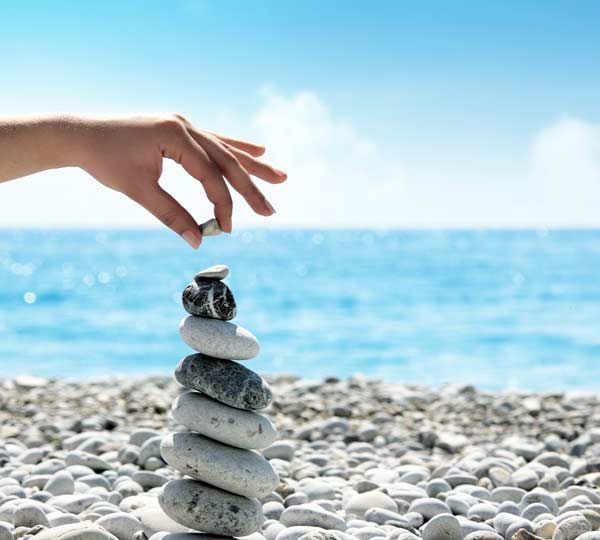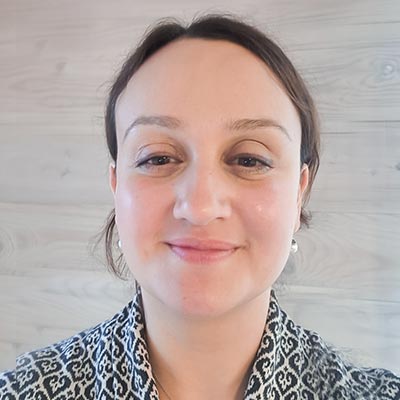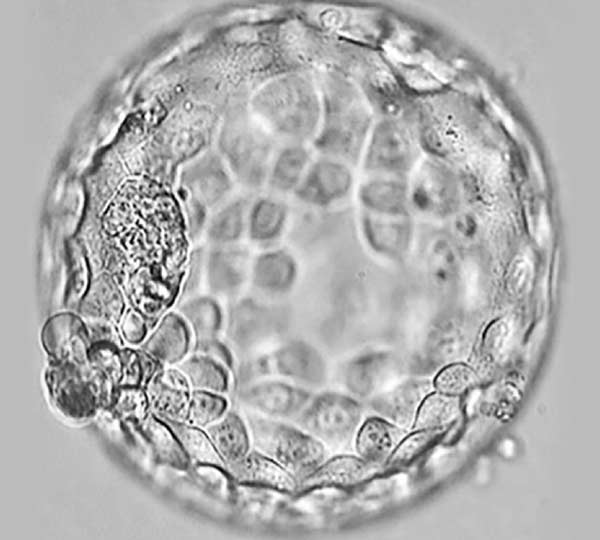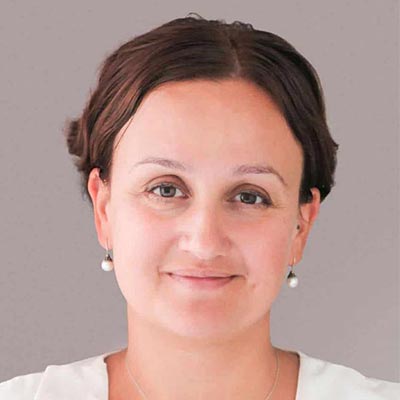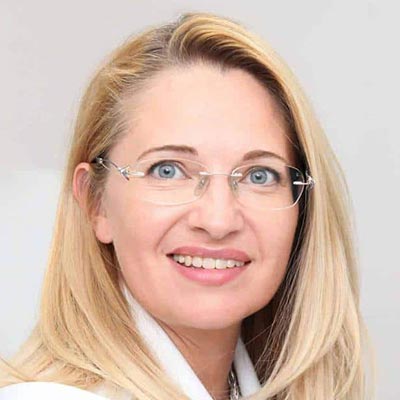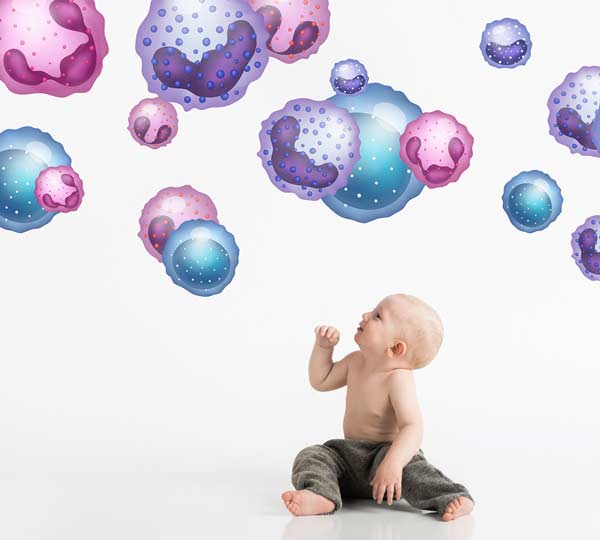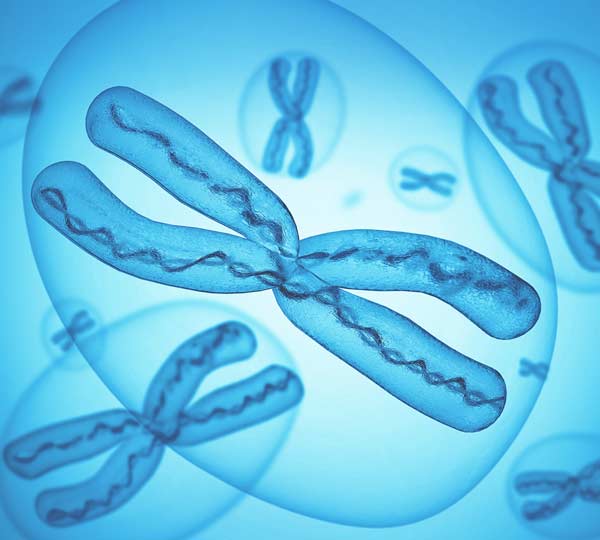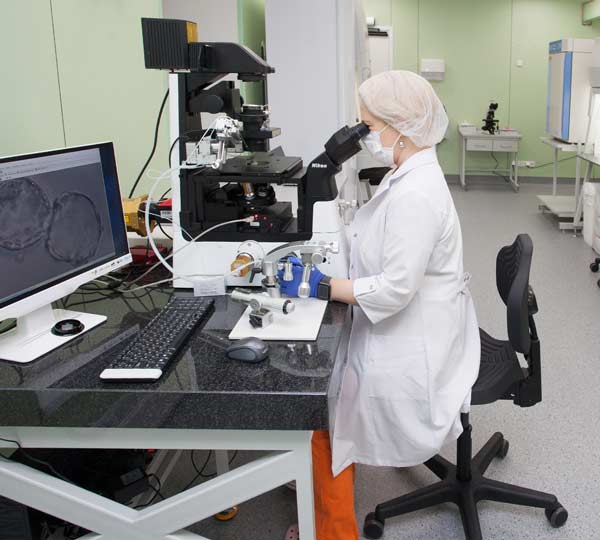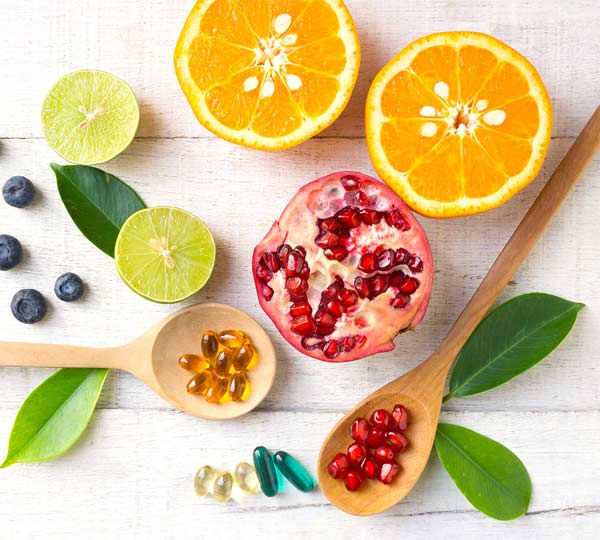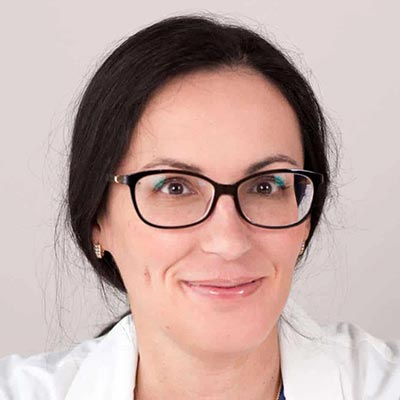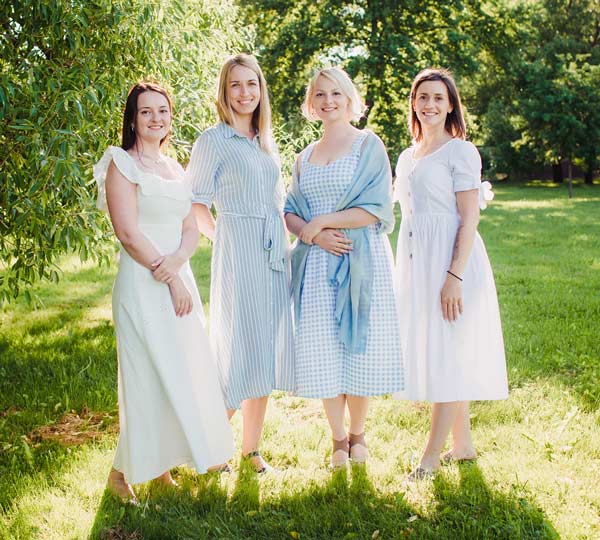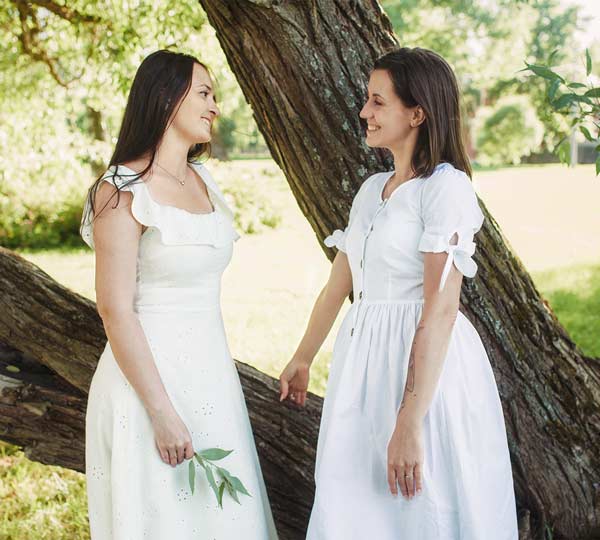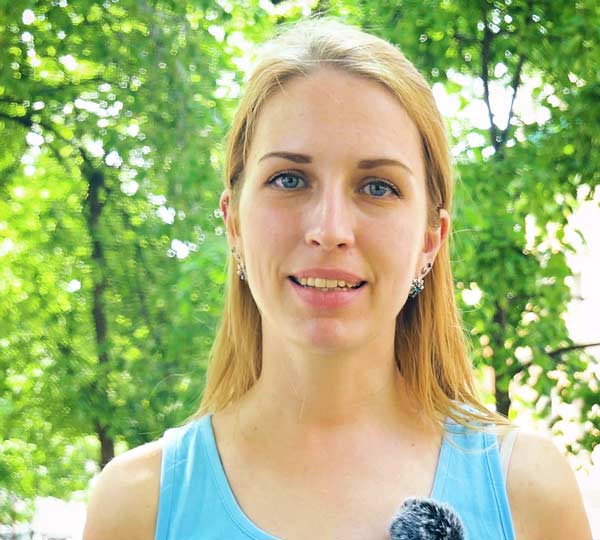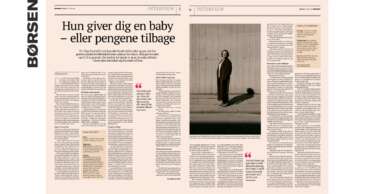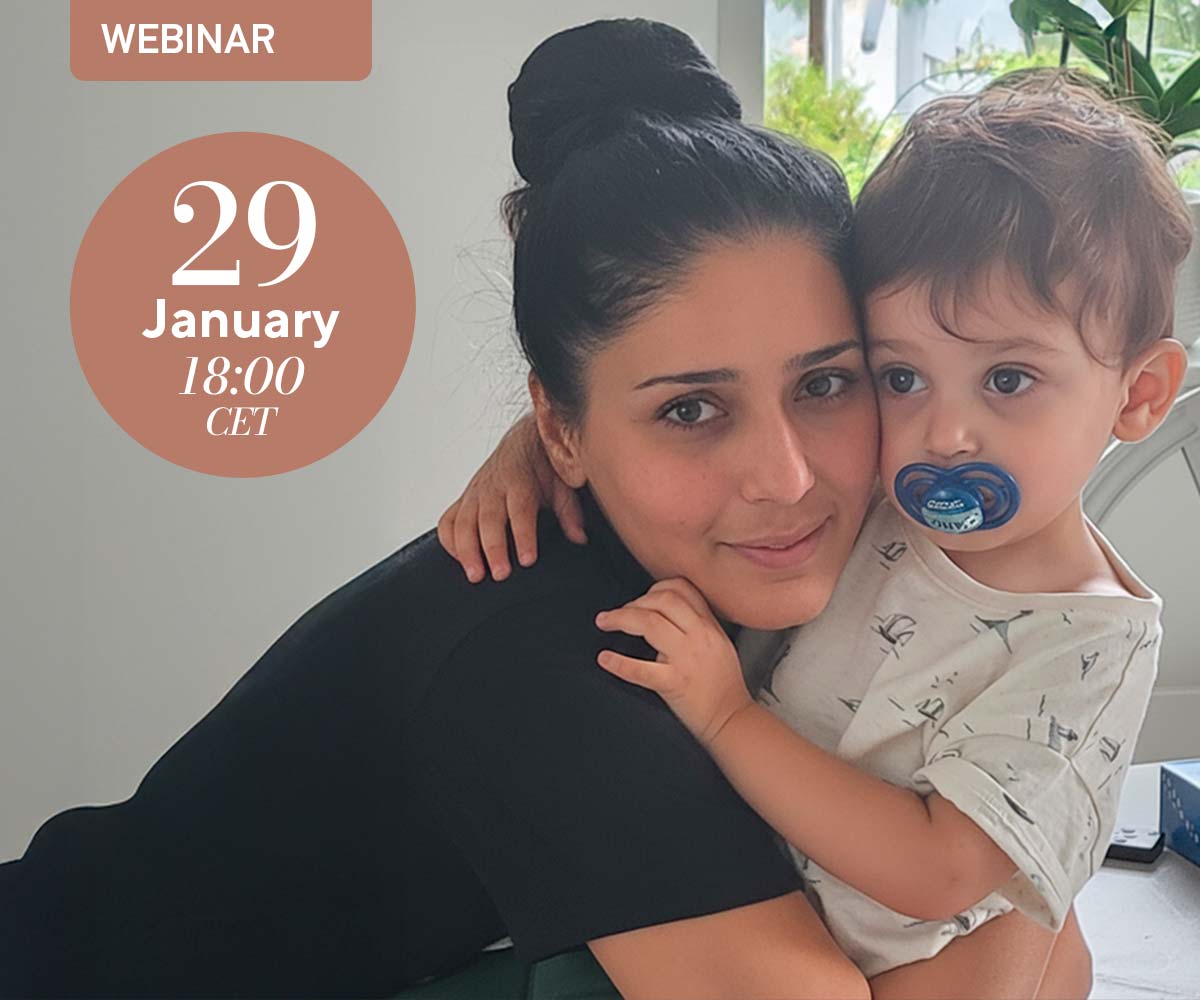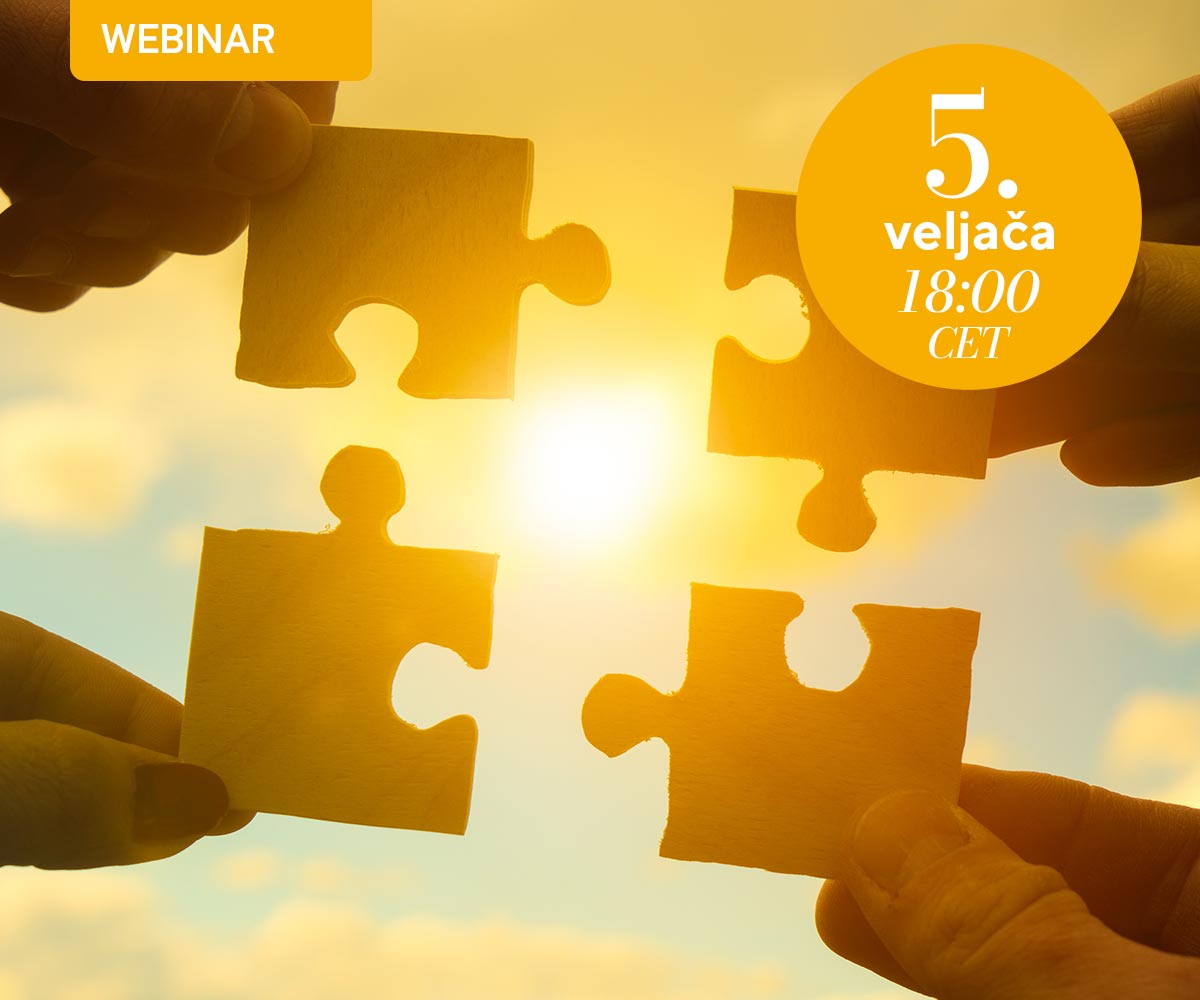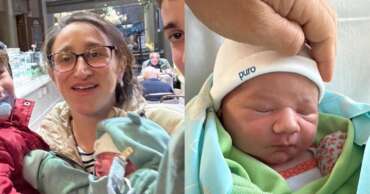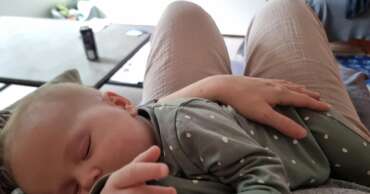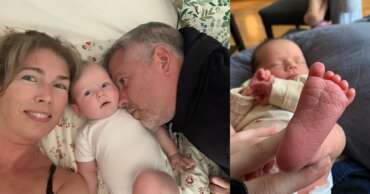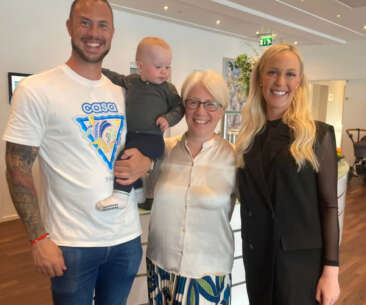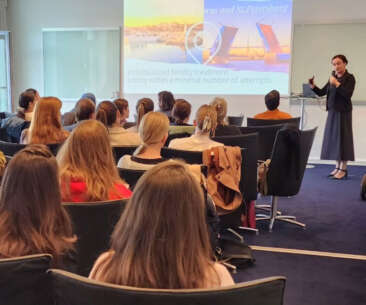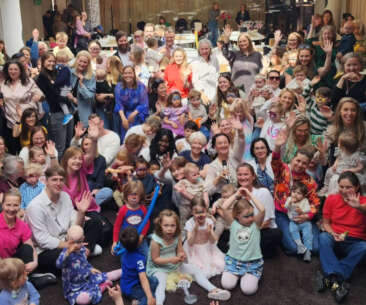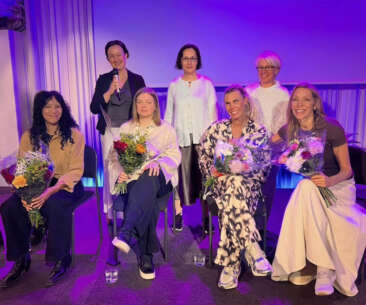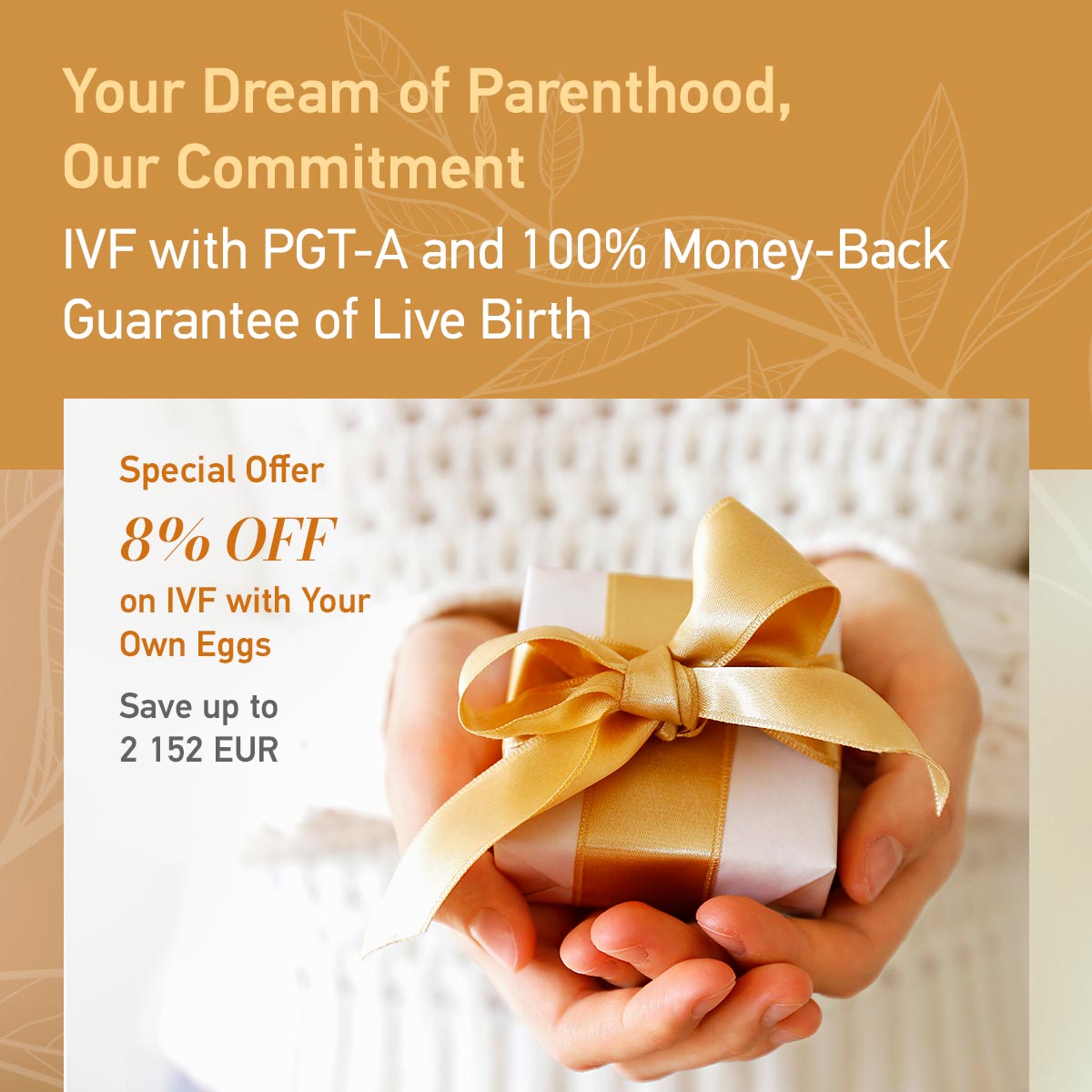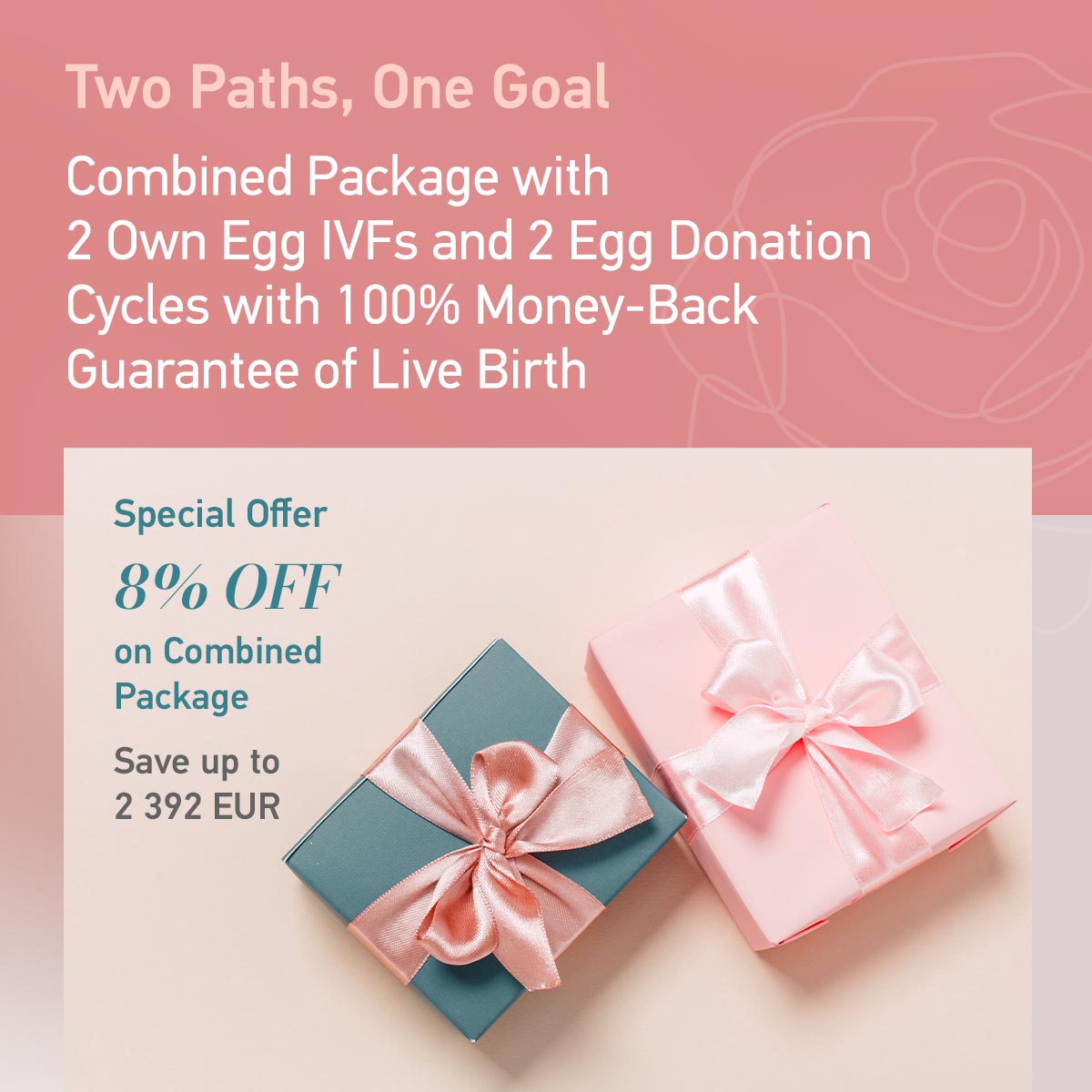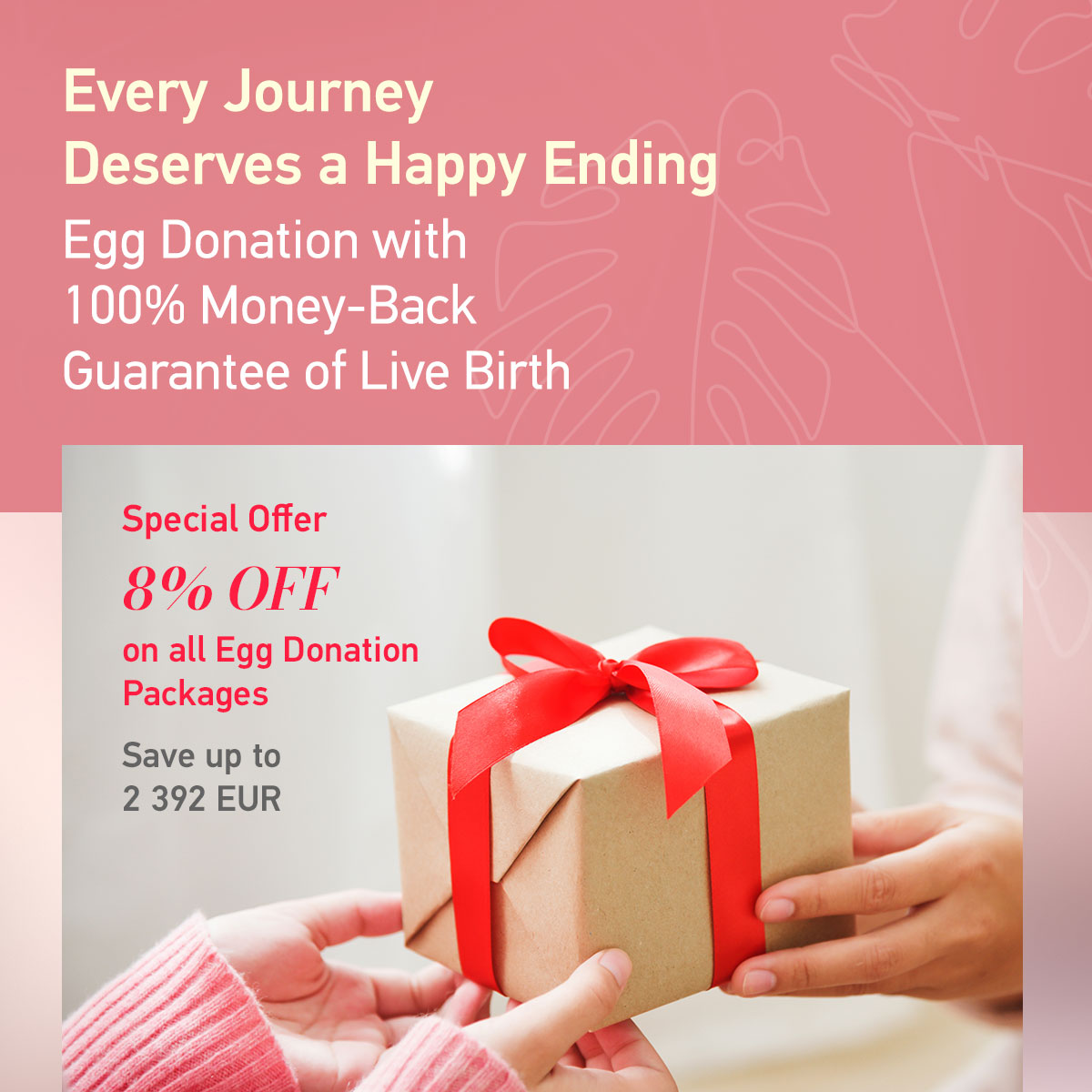- Pregnancy after egg/double donation! How does it feel?
- Finally pregnant with donor eggs! What is my chance of giving birth?
- Are there any hormonal differences in the first trimester between pregnancies created from a donor egg, or fresh own egg?
- Bleeding in the first trimester! Why? Can I still keep my pregnancy?
- Pregnant after egg/double donation? Want to reduce the risk of miscarriage and increase your chance of live birth?
Pregnancy after egg/double donation! How does it feel?
Egg/double donation is a technique that enables previously infertile women to experience the joys of motherhood. Many of our patients have spent years trying to get pregnant via IVF and other treatments, but have only met with failure upon failure. Unsurprisingly, they enjoy pregnancy and motherhood even more when this is finally achieved.
If you have never managed to become pregnant before using egg/double donation, finding you are finally pregnant usually brings an overwhelming feeling of joy. This may of course be combined with anxiety about whether you will be able to carry the baby to term, plus some other worries unique to egg donation. Should you tell your family and friends about how the baby was conceived? Will the ‘donor egg baby’ look like you and/or your partner? Will the whole experience be as wonderful as it would have been if you had been able to conceive the baby yourself, without medical help?
Concerned with these questions?
Ask parents who have children through egg/double donation!
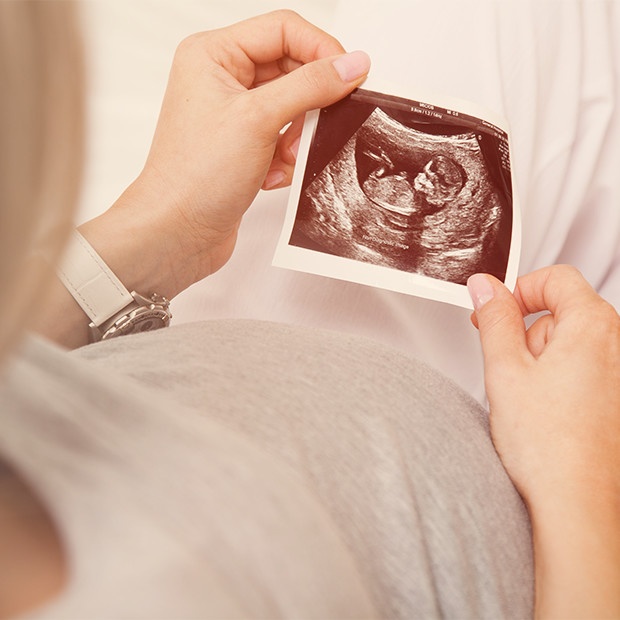
We understand all of these worries and know how to help you with them.
However delighted you are to be pregnant with the help of a donor egg, you may have mixed feelings about the fact that your child does not have your genes. You may feel guilty about wishing that the ‘donor egg baby’ would look like you, or worry about the remarks people may make about the child’s appearance. If you have particular talents (for music, or science for example), you may be upset that these will not genetically be passed on to your child.
It is worth remembering that even people who can conceive a child naturally, looks and skills do not always follow into the next generation. There are children who look like both parents, children who resemble one parent and children who do not look like either of their parents! As for intelligence, or talent, just think of all the families you know in which the children somehow insist on being individuals rather than being as good (or bad!) at something as their parents. The love and stimulation with which you will surround your child will enable it to develop its true potential, in whichever direction this lies.
As the biological mother, you interact with your baby both before and after the birth. The mother-child bond develops as the baby grows within you and the excitement of feeling your child kick in your womb is just like that of any other mother. You nurture your baby with your body throughout all the weeks and months of pregnancy and then you go through the unforgettable experience of giving birth to a baby — your baby!
This baby would not have been possible without your decision, your will, your body and your uterus!
You are the mother of your child’s existence!
Would you like to discuss your situation with us and see how we can help?
Finally pregnant with donor eggs! What is my chance of giving birth?
If a woman has been pregnant before, but sadly lost the baby she was carrying, she will have the additional anxiety of wondering whether the same thing will happen again, even with egg donation.
Women of advanced reproductive age usually have a very low chance of creating pregnancy with their own eggs and very high risk of miscarriage. Huge decrease in pregnancy rates and increase in miscarriage rates, in women above 40, is caused by the dramatic decrease in egg quality. By using donor eggs, from young healthy egg donors, these women can significantly increase their chances of becoming pregnant and greatly reduce the risk of miscarriage, compared to women in their age group whom use their own eggs. By using donor eggs women of advanced reproductive age get the same chances of live birth as young women using their own eggs!
Miscarriage rates for women using their own eggs in IVF treatment
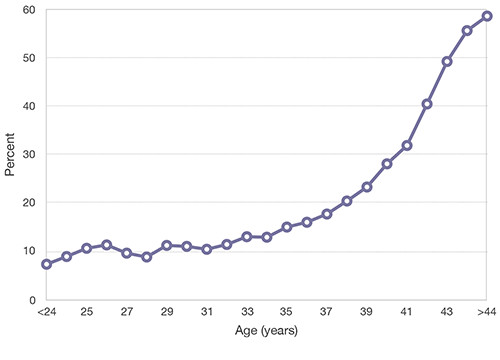
Percentages of IVF Cycles Using Fresh Non-donor Eggs or Embryos That Resulted in Miscarriage, by Age of Woman, 2009
Reference: American national summary on assisted reproductive technology success rates. National Center for Chronic Disease Prevention and Health Promotion, December 2011
Live birth rates by age for egg donation and own egg IVF
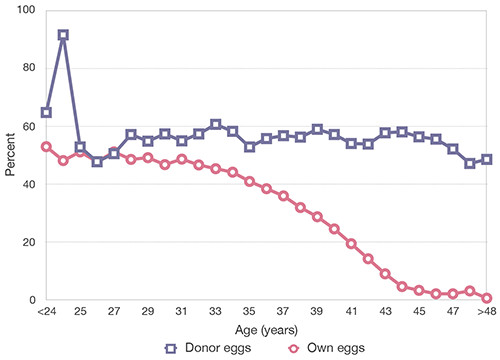
Percentages of Transfers That Resulted in Live Births for Assisted Reproductive Technology (ART) Cycles Using Fresh Embryos from Own Eggs and ART Cycles Using Fresh Embryos from Donor Eggs, by Age of Woman, 2009. Reference: American national summary on assisted reproductive technology success rates, National Center for Chronic Disease Prevention and Health Promotion, December 2011. (Data from 84 039 embryo transfers with fresh non-donor eggs and 16 225 embryo transfers with fresh donor eggs)
Are there any hormonal differences in the first trimester between pregnancies created from a donor egg, or fresh own egg?
Estradiol and Progesterone are two important hormones which maintain the endometrium inside uterus. Stable levels of these hormones make sure that menstruation cannot begin. No menstruation is of course good for the embryo!
In the first 12 weeks of a pregnancy, created with fresh own eggs, progesterone and oestrogen are produced in the ovary with the embryo playing a key role in regulating their levels. The embryo releases an important hormone called Human Chorionic Gonadotrophin (HCG) into the maternal blood flow, this HCG stimulates estradiol and progesterone production by the ovary. The hormone producing factory in the ovary is called the "Corpus Lutheum". Corpus Lutheum is available in the ovary only after ovulation — it is created by the remains of the ovulated follicle.
In a pregnancy created by egg donation an egg was not produced in the ovary of a woman who is pregnant after the egg/double donation treatment. This means that the ovaries of the woman pregnant, with a donor egg, have been silent in this cycle: did not produce any follicles and do not have any Corpus Lutheum either. They do not produce any hormones to support the early pregnancy, even though the embryo produces HCG to stimulate them.
Embryo-maternal dialog in the first trimester of naturally conceived pregnancy
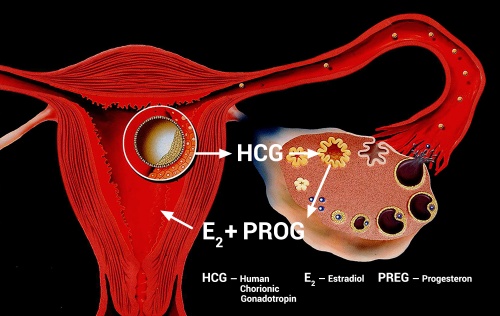
Different embryo-maternal dialog in the first trimester of egg donation pregnancy
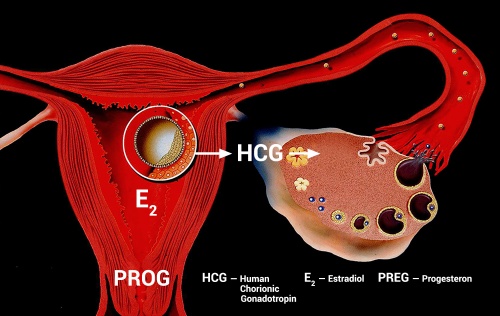
Therefore, it is absolutely necessary for women pregnant after egg/double donation to take progesterone and estrogen hormones to help maintain their donor egg pregnancy in those initial twelve weeks. After the full 12 weeks of pregnancy the placenta takes charge of the hormone production and pregnancy maintenance in all pregnancies, no matter how they were created.
Women pregnant by egg/double donation must therefore continue hormone support longer than ‘own egg IVF patients’, who do not require estradiol medication during their first trimester and who can stop their progesterone medication after receiving a positive HCG pregnancy test. Ovaries of patients who have undergone own egg IVF contain usually more than just one Corpus Lutheum and will respond to embryonic HCG with excellent hormonal support.
Not only great pregnancy rates, but also the best live birth rates made it possible to offer our patients our Baby Guarantee!
We guarantee that a baby will be born within 3 tries IVF with donor eggs or we return our patients 100% of their money back.
Interested in Baby Guarantee?
Bleeding in the first trimester! Why? Can I still keep my pregnancy?
Estradiol and progesterone’s main role is to support the endometrium in the uterus. If the level of these hormones drops by 30% or more, menstruation or bleeding will start.
Some women who are pregnant with fresh own egg, or donor egg, experience some level of bleeding in the first trimester.
What does this bleeding tell us?
In fresh own egg pregnancy the production of estradiol and progesterone is done by the ovary and the embryo controls this production by its own HCG production. Levels of estrogen and progesterone in the body of a pregnant woman depends on the levels of HCG produced by the embryo, there for bleeding in a fresh own egg pregnancy means that the production of estradiol and progesterone has decreased, which may often be the consequence of embryo having stopped producing HCG. If the embryo has stopped HCG production, HCG levels will slowly go down, checking HCG levels at least twice with a break of 24h will help understand what is going on with the embryo. HCG may be present in blood several weeks after pregnancy has stopped, this is why urine tests do not help understand whether a pregnancy is still continuing. If the HCG is falling, this is very sad news and there is nothing a patient, or a doctor can do about this. Bleeding in this case is a natural process of cleaning the uterine cavity to get the uterus ready for a new conception.
In a donor egg pregnancy estradiol and progesterone are not produced by the ovary. They enter your body as medicines in the following ways: orally, trans-dermally, vaginally and intra-muscularly. The embryo does not control your progesterone and estradiol levels, the levels of estradiol and progesterone in your body depends upon: medication dosage, medication intake into your body and the speed your body will absorb the medication.
Bleeding does not tell us anything about the embryos’ mortality, or function.
Bleeding in a donor egg pregnancy means that the levels of estradiol and progesterone have decreased.
Why could they have decreased?
- Medication has difficulty in entering the body (absorption from the stomach, vagina, skin)
- Medication has difficulty in lasting long enough in the body (gets destroyed by the body to quickly before the new intake)
What are the main problems that cause impaired intake of the medicine by your body?
- Food that you are not used too
- Changes in food intake regime
- Diarrhea
- Vomiting
What are the main reasons for the speeding up and destruction of medication in your body?
All activities which increase metabolism:
- Physical exercises
- Heat (Sauna, hamam)
- Intercourse
- Intensive life style
We have a reliable medication protocol which stops bleeding efficiently if carried out within several hours after the bleeding has begun. We provide every patient with a one-to one meeting with a nurse, at our clinic, which explains and teaches about the application of this protocol. We provide every patient with prescriptions and strongly recommend them to buy all the medication for this protocol in our pharmacy, because it may not be available in your home country.
Checking HCG levels at least twice with a break of 24h will help to confirm that, in spite of bleeding, the embryo is still in the uterus and continues its development.
Have you ever experienced bleeding before pregnancy test, or after positive pregnancy test? Would you like to get professional advice on your medical situation and to find out how you can reduce the risk of miscarriage?
Pregnant after egg/double donation? Want to reduce the risk of miscarriage and increase your chance of a live birth?
Our recommendation to women pregnant by egg/double donation is to go into stand-by mode, or at least battery saving mode.
So no high performance activity until full the 12 weeks of pregnancy!
The risk of miscarriage is higher the earlier the term of the pregnancy. Miscarriage in egg/double donation pregnancies happen mostly due to break through bleeding. As explained above, these bleedings happen due to the decrease of hormonal levels in the blood flow of the pregnant woman.
Hence the main method of keeping pregnancy is to maintain stable levels of progesterone/estradiol.
How to keep the hormonal levels stable and reduce the risk of bleeding?
- We recommend that our patients use all the possible ways to absorb hormonal medication into their body: orally, trans-dermally, vaginally and intramuscularly. If the intake of medication is for some reason blocked, or reduced by one entrance (for example diarrhea would reduce the intake of medicines taken orally) this diversification will help to avoid a significant hormonal drop down.
- Don’t exercise. Sport increases metabolism, hence you will burn your nutrition’s as well as medicines faster and as already explained you should avoid hormonal drop downs.
- Pay attention to your food intake. Enjoy regular mealtimes and keep your diet as similar as possible to normal, so that your digestive processes are accustomed and your body can optimize the absorption of the nutrients in your food.
- If you should experience diarrhea, or vomiting, apply an additional estradiol patch and discuss with us whether the use of intramuscular progesterone is necessary. This intramuscular progesterone will aid a stable level of estradiol, if the oral administration has become temporarily insufficient.
- Our advice is to avoid saunas, hot baths, or jacuzzies for the first trimester of pregnancy as they speed up the brake down of your hormones. Warm showers are completely acceptable as is a twenty-minute gentle swim in a pool.
- Following the embryo transfer we recommend abstaining from intercourse until after your pregnancy test. Following the test, if positive and if you haven’t any pains, or smear bleeds, you may engage in intercourse. But please remember, intercourse would increase your metabolism so back it up with one extra Estradiol 2 mg pill ;)
Fortunately, the placenta can generate enough estrogen and progesterone after twelve weeks of pregnancy, so there are no more hormonal differences between donor egg pregnancy and fresh own egg pregnancy. However, we do recommend the continued use of vaginal progesterone until week thirty to thirty-two, as this acts to lengthen and strengthen the cervix, reducing chances of a late miscarriage, or premature birth, especially in older patient groups.
We are very experienced not just in achieving pregnancies through egg/double donation, but also in keeping our patients pregnant and increasing their chances of giving birth.
Would you like to have egg/douhble donation treatment with Baby Guarantee?


